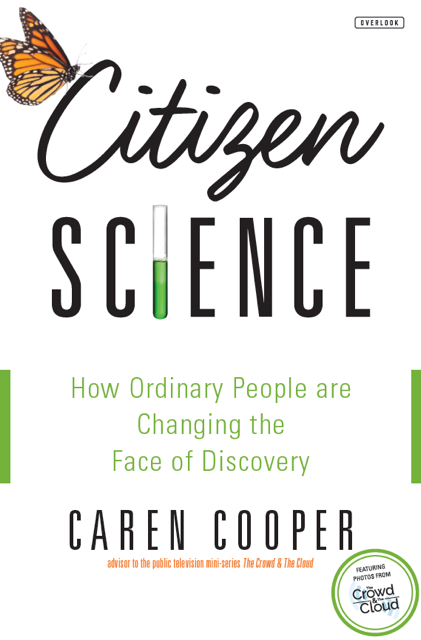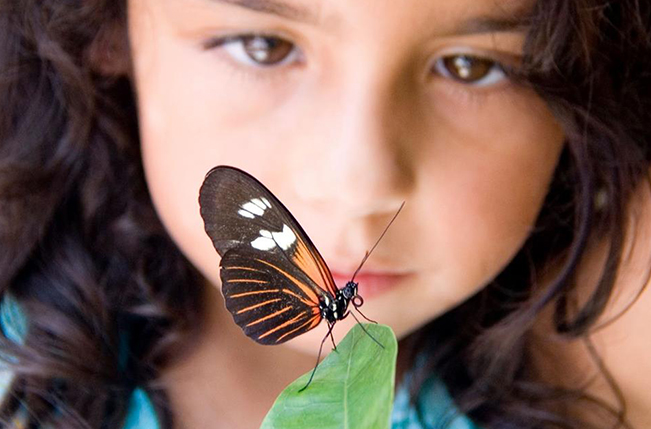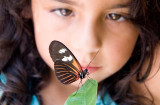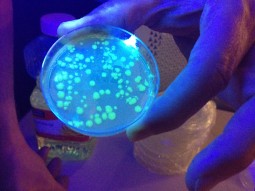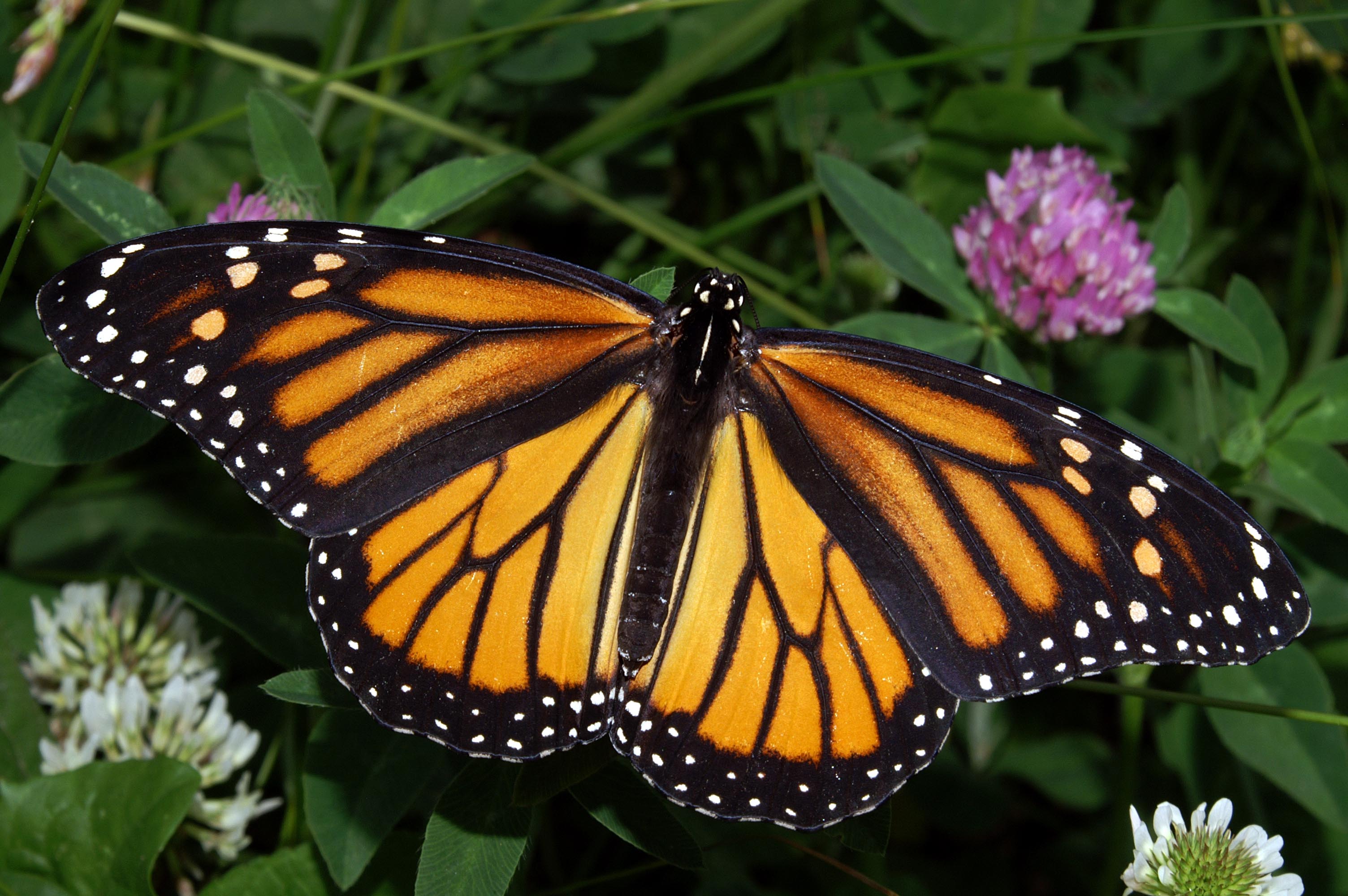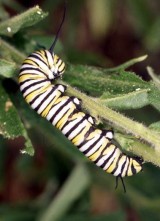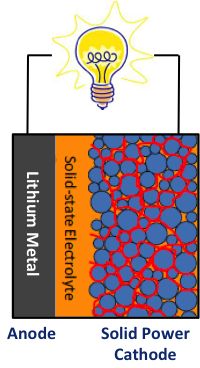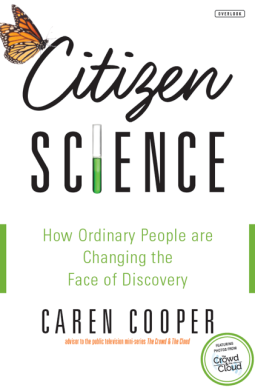 Citizen Science (start time: 5:32): For those who would love to track birds and other creatures or to test drinking water quality in their community, for instance, but think it would require a degree in science to contribute to important scientific discoveries, our guest today aims to set the record straight. Dr. Caren Cooper is an associate professor of Forestry and Environmental Resources at North Carolina State University. An ornithologist, she studies bird ecology, conservation and management through the use of citizen science. She wrote a recently published book called Citizen Science: How Ordinary People are Changing the Face of Discovery. It highlights many examples of inspiring and important citizen science projects, including a meteorological-forecasting program and some others here in Colorado. Dr. Cooper is also director of research partnerships at SciStarter.com, which connects interested volunteers to a diverse range of research projects that they can work on. Additional citizen science programs can be found at the Cornell Lab of Ornithology and Audubon Society’s Rockies chapter.
Citizen Science (start time: 5:32): For those who would love to track birds and other creatures or to test drinking water quality in their community, for instance, but think it would require a degree in science to contribute to important scientific discoveries, our guest today aims to set the record straight. Dr. Caren Cooper is an associate professor of Forestry and Environmental Resources at North Carolina State University. An ornithologist, she studies bird ecology, conservation and management through the use of citizen science. She wrote a recently published book called Citizen Science: How Ordinary People are Changing the Face of Discovery. It highlights many examples of inspiring and important citizen science projects, including a meteorological-forecasting program and some others here in Colorado. Dr. Cooper is also director of research partnerships at SciStarter.com, which connects interested volunteers to a diverse range of research projects that they can work on. Additional citizen science programs can be found at the Cornell Lab of Ornithology and Audubon Society’s Rockies chapter.
Hosts: Susan Moran, Alejandro Soto
Producer: Alejandro Soto
Engineer: Joel Parker
Additional contributions: Beth Bennett
Executive Producer: Joel Parker
Listen to the show:
Podcast: Play in new window | Download (Duration: 24:27 — 22.4MB)
Subscribe: RSS

